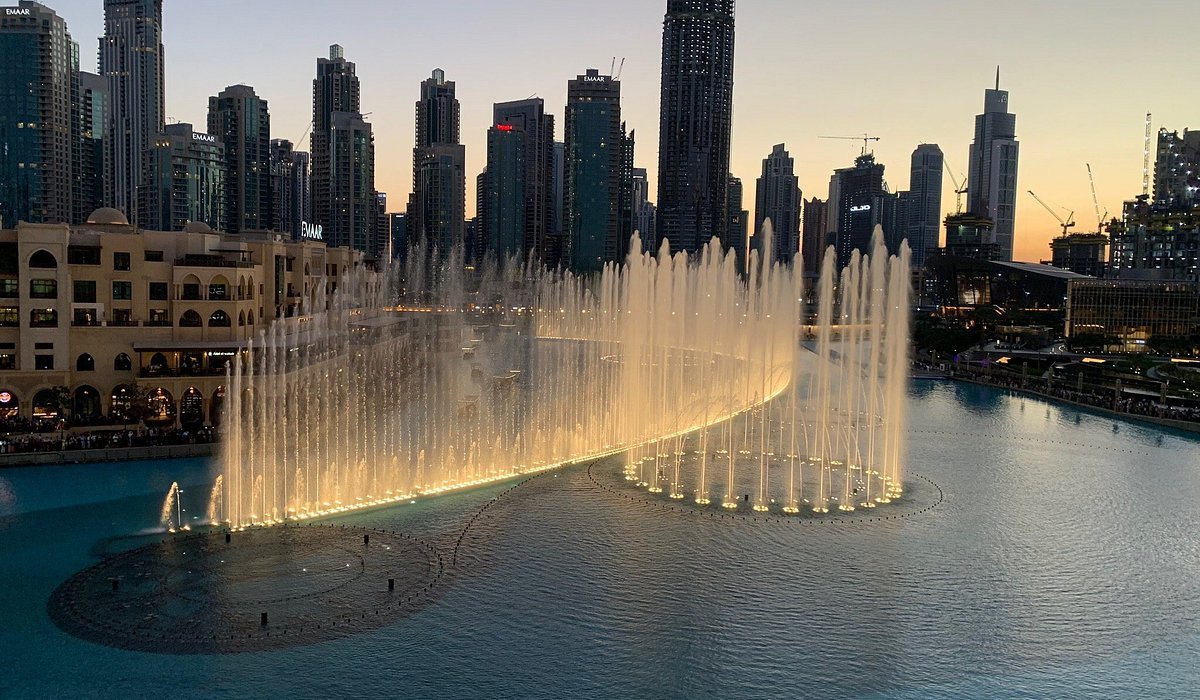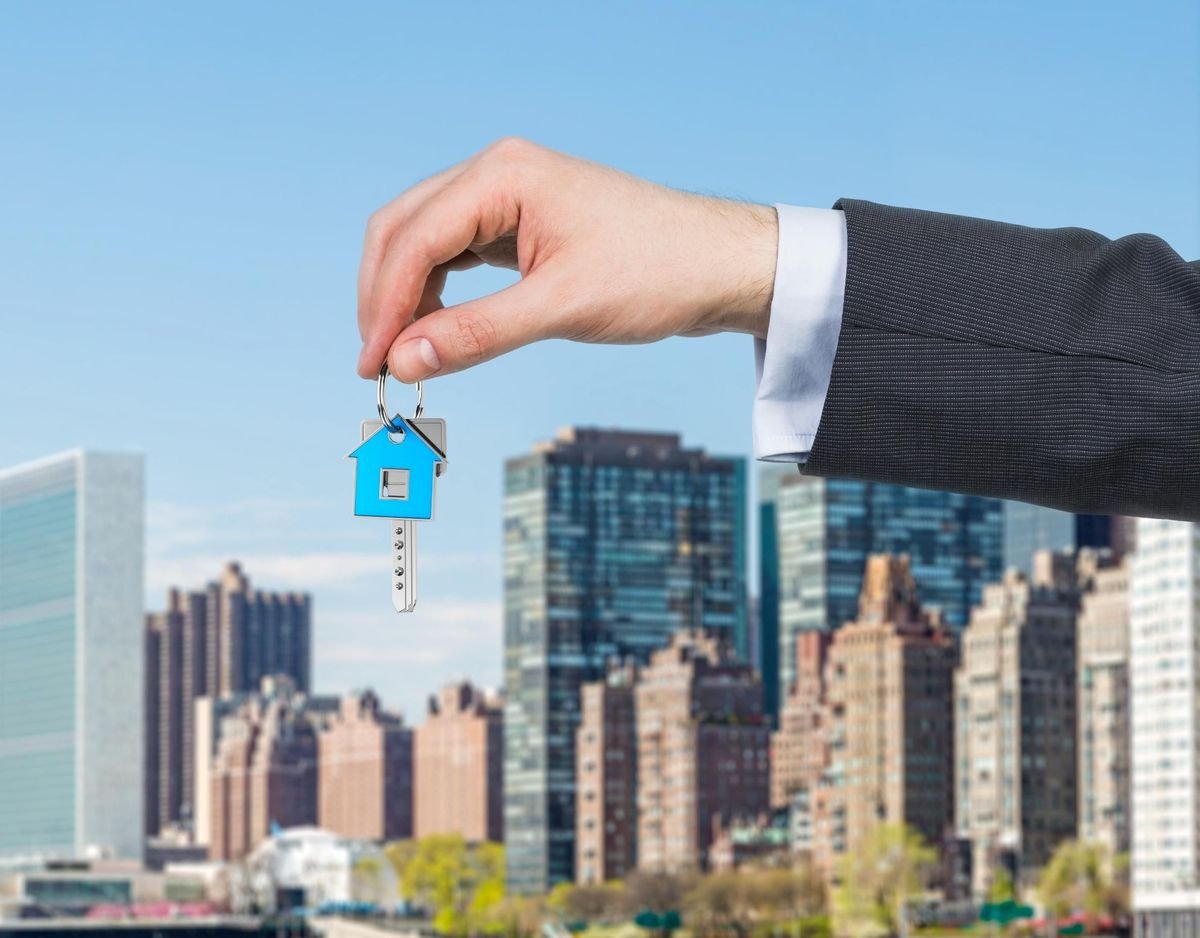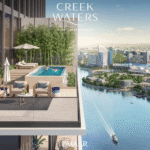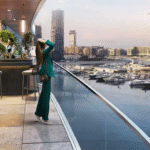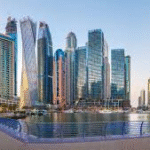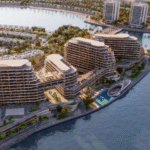Now Reading: Why UAE is a Hub for Commercial Real Estate Growth in 2025
-
01
Why UAE is a Hub for Commercial Real Estate Growth in 2025
Why UAE is a Hub for Commercial Real Estate Growth in 2025

Table of Contents
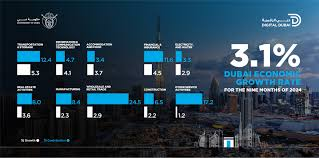
The UAE is a hub for commercial real estate growth in 2025 due to a combination of economic, strategic, and policy-driven factors that create a highly attractive environment for investors, businesses, and developers. Below are the key reasons, supported by recent trends and data:
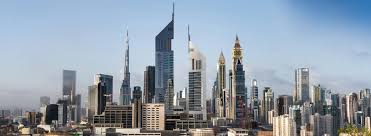
Economic Diversification and Resilience:
- The UAE’s Vision 2030 initiatives aim to reduce oil dependency by fostering growth in sectors like finance, technology, tourism, logistics, and retail. This diversification drives demand for commercial properties, as businesses expand into the UAE to capitalize on its stable, non-oil economy. Despite global economic challenges, the UAE’s GDP is projected to grow by 4.2% in 2025, supported by a robust labor market and strong foreign trade (AED 3.0 trillion in 2025, up 15% year-on-year).
- Positioned as a bridge between Europe, Asia, and Africa, the UAE is a global business hub. Cities like Dubai and Abu Dhabi attract multinational corporations, startups, and investors, increasing demand for premium office spaces, retail, and industrial properties. Free zones like DIFC, JAFZA, and ADGM offer tax incentives and world-class infrastructure, further boosting commercial real estate appeal.
- Investor-Friendly Policies: The UAE’s pro-business reforms, such as 100% foreign ownership in key sectors and the Golden Visa program (long-term residency for property investments over AED 2 million), attract international investors. These policies, combined with relaxed tax regulations, enhance the UAE’s appeal as a safe and profitable investment destination. In Q1 2025, Dubai recorded 58,039 transactions worth AED 193 billion, reflecting strong investor confidence.
- High Demand and Limited Supply: Strong demand for high-quality office, retail, and logistics spaces outpaces supply, driving rental and price growth. In Dubai, office occupancy rates reached 94% by Q4 2024, with rental values rising due to tight supply in prime locations like Downtown Dubai and Business Bay. Industrial rents, particularly in areas like KEZAD, increased by 8% in 2024, with warehousing rents in Dubai and Abu Dhabi surging by 20% and 14%, respectively, in Q1 2025.
- Infrastructure and Urban Development: Significant government investment in infrastructure, such as the Dubai 2040 Urban Master Plan (AED 50 billion for transport upgrades) and smart city projects like Dubai South and Masdar City, enhances connectivity and supports commercial real estate growth. These developments make strategically located properties highly desirable for businesses seeking modern, sustainable spaces.
- Sustainability and Technology Integration: Growing demand for eco-friendly and tech-driven properties is reshaping the market. Developers are prioritizing LEED-certified buildings, AI-driven property management, and smart office spaces. Co-working spaces from providers like WeWork and Regus are also gaining traction, catering to businesses seeking flexible solutions. The UAE’s focus on digital transformation, including blockchain-based transactions and virtual property tours, further enhances market efficiency.
- Booming Tourism and Retail Sectors: The UAE’s tourism sector, particularly in Dubai, is expected to see an 18% increase in short-term rental demand in 2025, driving investment in hospitality and mixed-use developments. Retail is evolving into community hubs with fitness facilities, co-working spaces, and luxury brand outlets, attracting high-net-worth individuals and tourists.
- E-commerce and Logistics Growth: The expansion of e-commerce giants like Amazon and Noon fuels demand for logistics warehouses and fulfillment centers. This trend, coupled with the UAE’s strategic logistics network, supports growth in the industrial real estate segment, with a projected CAGR of 10.7% for the commercial real estate market from 2024 to 2030.
- Global Investor Appeal: The UAE attracts significant foreign direct investment due to its stable economy and high rental yields (7% on average, compared to 2.4% in London and 4.2% in New York). In 2024, Dubai’s commercial real estate sales rose by 18.2%, with transaction values up 29.5% year-on-year. The UAE’s removal from the FATF Grey List in 2024 and enhanced AML regulations further boost investor confidence.
- Innovative Projects and Market Leaders: Major developers like Emaar, Aldar, Nakheel, and DAMAC are driving growth with iconic mixed-use developments in prime locations like Palm Jumeirah, Downtown Dubai, and Saadiyat Island. For example, Emaar reported a 16% profit increase in 2024, while Aldar saw a 43% surge, reflecting the market’s strength.
CONCLUSION
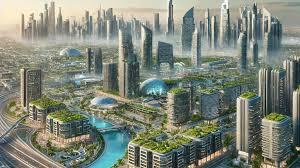
In summary, the UAE’s commercial real estate market in 2025 is thriving due to its strategic location, investor-friendly policies, infrastructure investments, and focus on sustainability and technology. With a projected market value of USD 45.68 billion by 2030 and a CAGR of 10.7%, the UAE remains a global leader in commercial real estate, offering robust opportunities for growth and investment.
WATCH MORE LIKE THIS:
READ MORE: Top Locations for Buying Office Space in Dubai & Abu Dhabi



